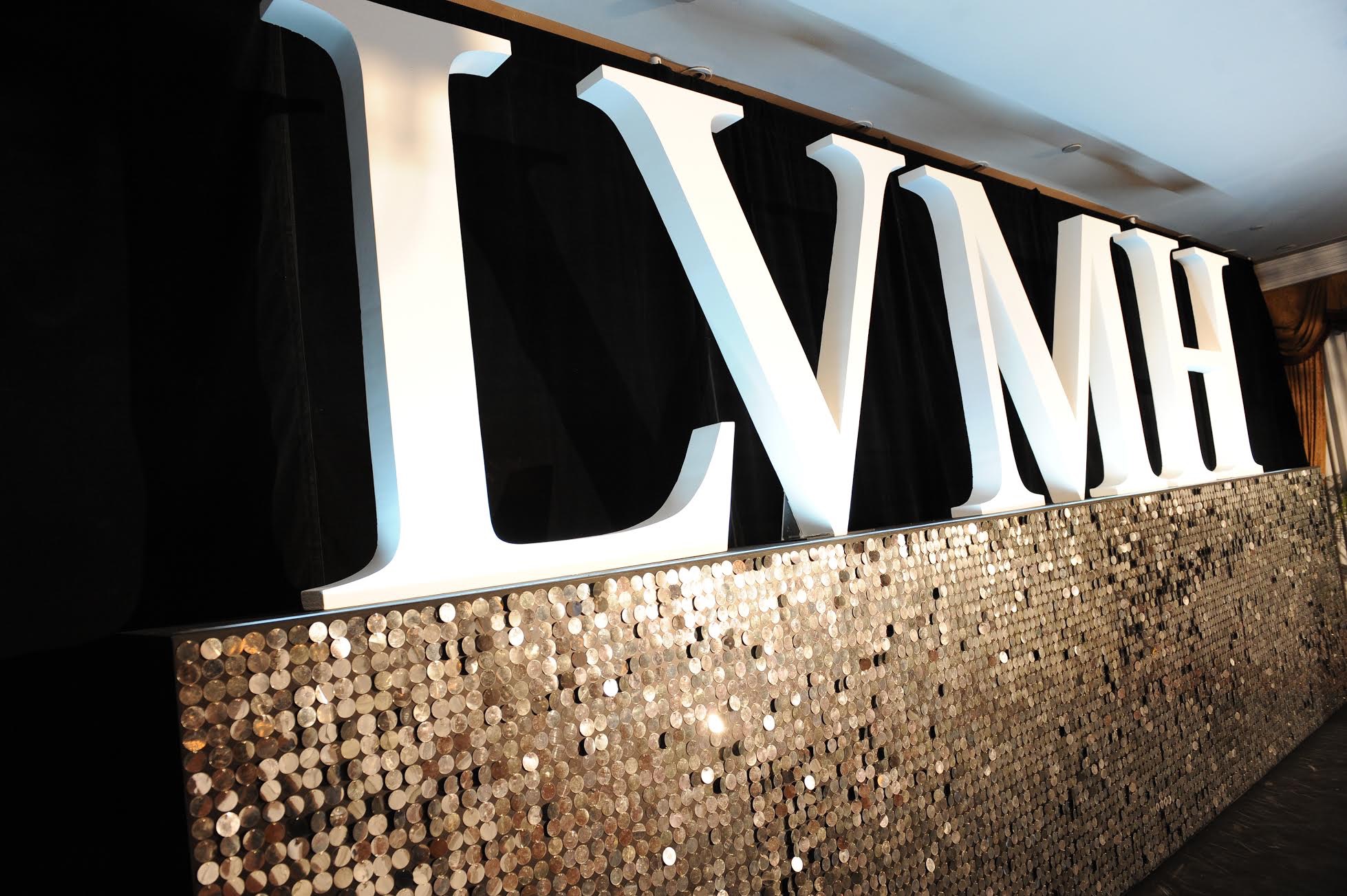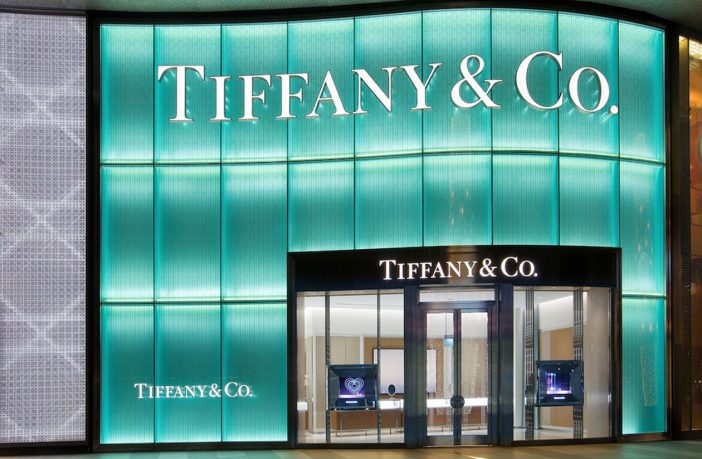Tiffany is not part of the S&P 500 Index after the purchase
The famous jewelry company Tiffany is excluded from the index S&P 500, the reason was its acquisition by the holding LVMH. The place of the American jewelry manufacturer will be taken by Enphase Energy Corporation, which operates in the field of clean energy. The latter specializes in the production and service of solar panels.
According to analysts, the S&P 500 index is changing, and this is a positive premise for the market as a whole. All the more significant was the fact that the blue-chip company was recognized as one that deals with environmental issues and provides products that will help with the problem of reducing carbon emissions.

The merger of the American manufacturer Tiffany and the French holding LVMH took place after long negotiations. The amount of the deal totaled 15.8 billion dollars. According to the agreement, the manufacturer of luxury goods will pay about $131.5 dollars for every share of Tiffany. After the sale, the company from the United States ceases to be public and will be part of a transnational holding company, which includes many brands.
LVMH originally announced its intention to acquire Tiffany back in 2019. Then he sent an offer to the U.S. jewelry manufacturer for $ 16.2 billion, a few months later, the companies signed an agreement under which the deal was to be closed in November 2020. However, until September last year, the company had not submitted the relevant documents to the antimonopoly committee, which should give approval for the deal. Tiffany responded to the delay by filing a lawsuit against the potential buyer to legally LVMH to fulfill the agreed deal.
The French holding explained its actions with a recommendation from the country’s foreign minister, who advised to postpone the deal until 2021. The reason was the risk of imposing duties on goods from France, which had previously been voiced by U.S. representatives.
To reduce the damage from the lawsuit Tiffany, LVMH has filed a counterclaim with the court, demanding to terminate the previously signed agreement. The holding company argued its position on the consequences of the pandemic, which had a negative impact on the jewelry segment in the United States, and its companies are no longer attractive in terms of revenue.
In the course of negotiations and mutual legal action, the companies decided to renegotiate the terms of the deal. Tiffany agreed to lower the sale price to $15.8 billion from the original $16.2 billion.
The first Tiffany’s store opened in Manhattan in 1837, selling stationery and haberdashery products. In 1853 the company redirected business on making jewelry. Since then it opened representative offices in many countries, and its jewelry and objects of decor are invariably popular.




